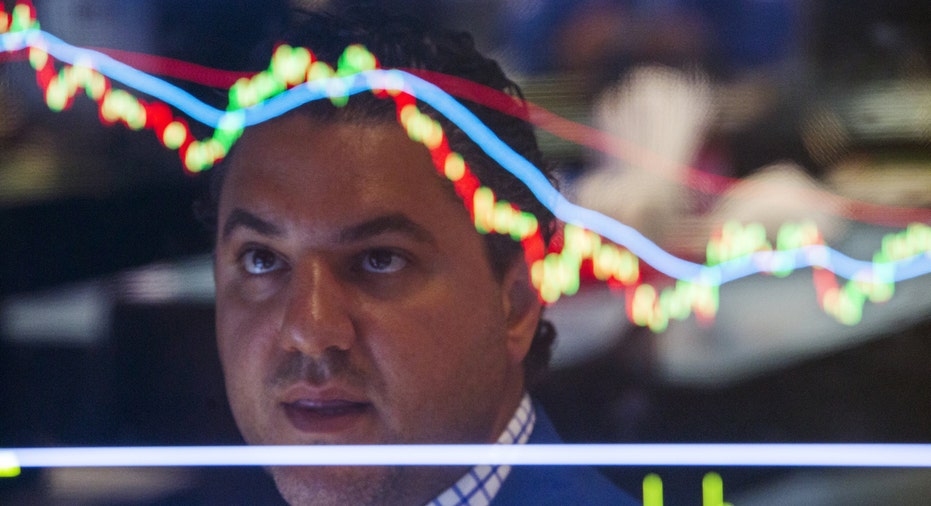The Fed’s Achilles Heel - Volatility

The Dow Jones Industrial Average jumped nearly 230 points Tuesday, after dropping 540 points a week ago, and let’s not forget the 1,089 point intra-day dip we saw last month. These swings underscore the current volatility whipsawing the U.S. stock market which may create a new headwind for the U.S. economy just as the Federal Reserve weighs the first interest rate increase after lowering rates to near zero in 2008.
“Volatility affects how a CEO will think about their strategy,” said Gary Parr, vice chair of Lazard, during an appearance on FOX Business Network’s Risk and Reward with Deirdre Bolton. Parr, who is well-known on Wall Street for his deal-making prowess, does not expect the direction of interest rates to impact mergers and acquisitions. However he is concerned about the ripple effect. “The second order of consequence is if interest rates going up at the Fed causes the stock market to go down a lot, then it matters.”
The CBOE VIX Index (CBOE:VIX), a closely-watched volatility gauge of investor fear, remains elevated after surging more than 70% hitting the highest level since 2009 in August. The surge in the VIX has sent the S&P 500 Index lower by nearly 5%.
August was the second-busiest month ever for the CBOE Futures Exchange powered by a 41% jump in VIX trading volume from the year ago period. The VIX remains elevated at a reading above 20.
In a note last month, Evercore’s Glenn Schorr told clients “all this volatility would normally delay just about anything in the immediate pipeline, our gut is not too many deals were on the docket for late August.” These comments came as Schorr turned more bullish on Goldman Sachs (NYSE:GS) and Morgan Stanley (NYSE:MS) firms that will likely benefit from an uptick in volatility.
Despite the jump, it may be too soon to tell if volatility will derail consumer and CEO confidence. On Wednesday, Anheuser-Busch InBev (NYSE:BUD) confirmed it has approached SABMiller about combining the two companies. A potential deal would create the world’s largest beer company with a combined market value of $270 billion. Earlier this week, U.S. consumer spending grew at a decent clip in August rising 0.4% as reported by the Commerce Department. Online retailers, auto dealers and restaurants were among the sectors that saw a boost. Whether the Federal Reserve raises interest rates on Thursday or not, the financial markets will determine if the decision and messaging from policy makers will provide enough clarity to tone down volatility and allow investors to refocus on the fundamentals of the U.S. economy and corporate earnings.



















